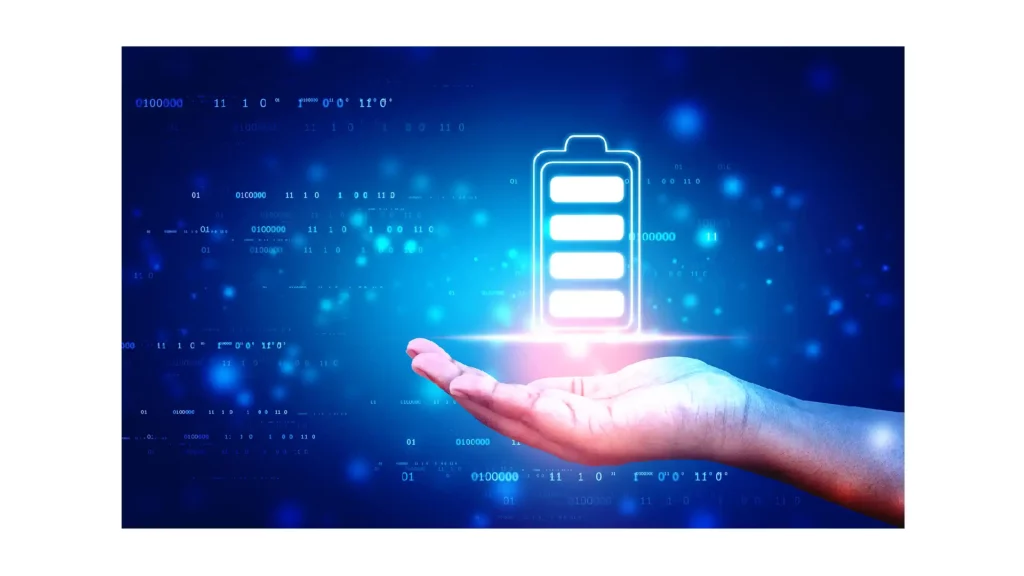In our modern world, batteries play an integral role in powering our everyday devices, from smartphones and laptops to electric vehicles and renewable energy storage systems.
As our reliance on these energy storage devices continues to grow, the pursuit of the most efficient battery has become a paramount concern.
In this comprehensive guide, we will explore the factors that define battery efficiency, the various technologies vying for the title of the most efficient battery, and the potential implications of finding the ultimate solution.
What Makes a Battery Efficient?
Before we delve into the contenders for the title of the most efficient battery, it's crucial to understand the criteria that define battery efficiency.
An efficient battery is one that can store and deliver electrical energy effectively while minimizing losses. Several key factors contribute to a battery's efficiency:
- Energy Density: Energy density refers to the amount of energy a battery can store per unit of weight or volume. A more energy-dense battery can provide longer-lasting power without the need for frequent recharging.
- Charge and Discharge Rates: Efficiency is also influenced by a battery's ability to charge and discharge quickly without excessive heat generation or capacity degradation.
- Cycle Life: Battery efficiency is closely tied to its cycle life – the number of charge and discharge cycles it can endure before its capacity significantly diminishes.
- Self-Discharge Rate: An efficient battery should have a low self-discharge rate, meaning it retains its charge over extended periods of inactivity.
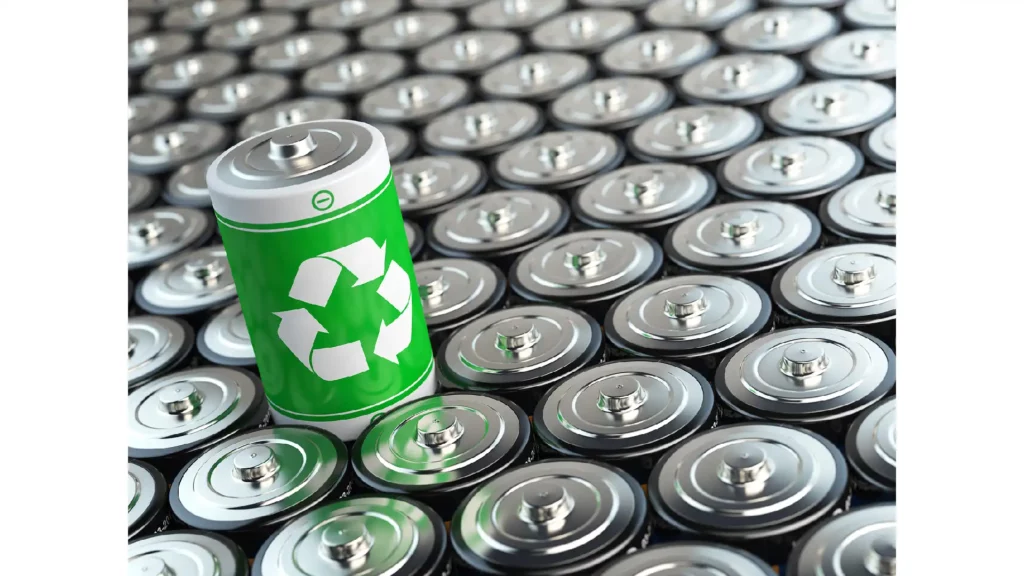
Exploring Different Battery Types in the Quest for the Most Efficient Battery
- Lithium-Ion Batteries: The Standard Bearer Lithium-ion (Li-ion) batteries, often regarded as the most efficient battery type currently available, have dominated the market for decades.
- Solid-State Batteries: A Promising Innovation Solid-state batteries are gaining momentum as a potential breakthrough in the quest for the most efficient battery type. These batteries replace the liquid or gel electrolyte found in Li-ion batteries with a solid electrolyte, offering several advantages.
- Lithium-Sulfur Batteries: A High-Capacity Contender Lithium-sulfur batteries are another most efficient battery type candidate known for their high theoretical energy density. By utilizing sulfur as the cathode material, they have the potential to provide lightweight, high-capacity energy storage solutions.
- Sodium-Ion Batteries: Sustainable Competitors Sodium-ion batteries, often considered a more sustainable alternative to Li-ion batteries, are making strides in the race for the most efficient battery type.
- Flow Batteries: Scalable and Versatile Flow batteries, though different from traditional solid-state batteries, represent a unique approach to energy storage and have gained recognition as a potential solution for grid-level applications.
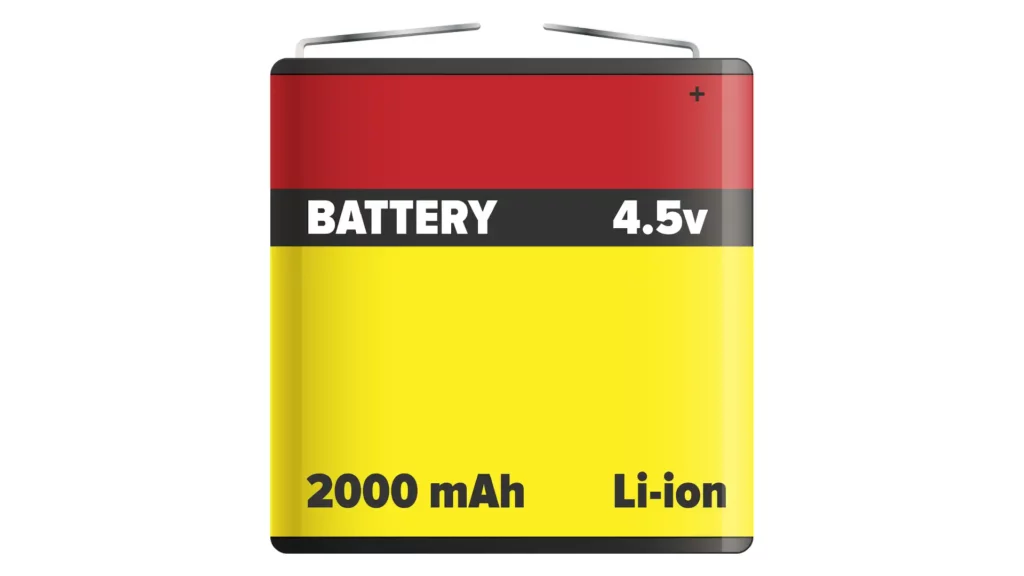
Lithium-Ion Batteries: The Current Contender
What Are Lithium-Ion Batteries?
Lithium-ion (Li-ion) batteries are the most prevalent energy storage technology in use today.
They have become the standard for portable electronics and electric vehicles due to their impressive energy density, good charge/discharge rates, and reasonable cycle life. However, are they the most efficient battery?
Li-ion Battery Advantages
- High Energy Density: Li ion batteries efficiency offers one of the highest energy densities available in commercial batteries.
- Rapid Charging: They can charge quickly without significant energy loss, making them suitable for a wide range of applications.
- Lightweight Design: Li-ion batteries are known for their lightweight design, ideal for portable devices and sleek electronics.
- Low Self-Discharge Rate: These batteries have a relatively low self-discharge rate, maintaining their charge over extended periods of inactivity.
- Versatile Applications: Li-ion batteries can be customized for various applications, from consumer electronics to medical devices and power tools.
- Low Maintenance: They require minimal maintenance, eliminating the need for electrolyte top-ups or special storage conditions.
- Environmental Impact: Compared to some other battery types, Li-ion batteries have a lower environmental impact due to efficient energy storage and longer lifespan.
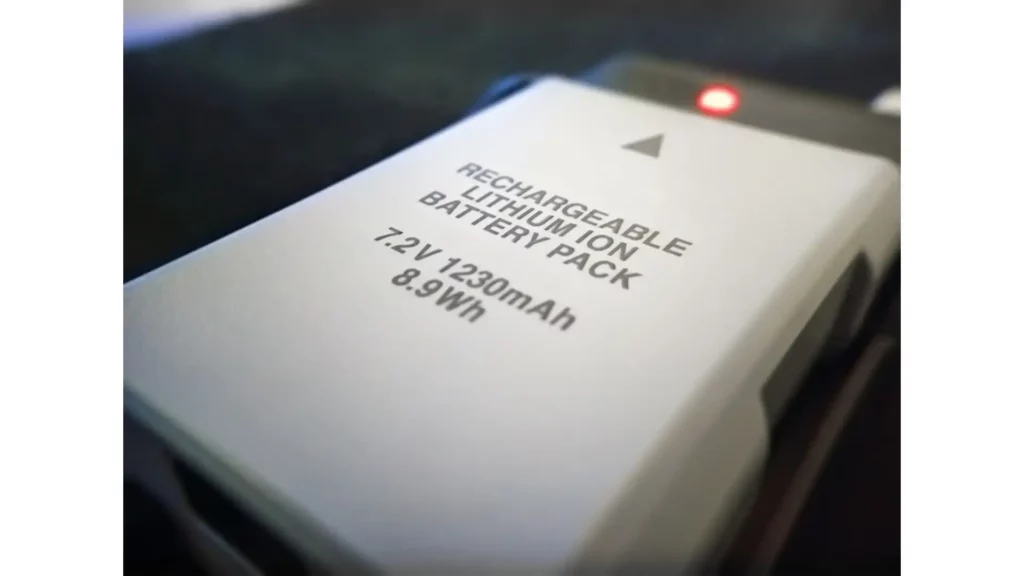
Defining the Most Efficient Rechargeable Battery
High Energy Density
The most efficient rechargeable battery should store a significant amount of energy relative to its size and weight, ensuring longer usage periods between charges.
Rapid Charging and Discharging
Efficiency involves swift energy transfer during charging and discharging without significant losses or overheating, reducing downtime.
Long Cycle Life
An efficient rechargeable battery exhibits durability, enduring numerous charge and discharge cycles without a substantial capacity decline.
Advancements in High Efficiency Battery Technology
As we strive for the development of high efficiency batteries to meet the growing demands of modern society, researchers are continually exploring innovative high efficiency battery technology.
- Energy-Dense Materials
In the quest for high efficiency battery technology, the choice of materials is critical. Scientists are experimenting with advanced materials such as silicon anodes and solid-state electrolytes to improve energy density and efficiency.
- Advanced Electrode Designs
Efforts are underway to optimize electrode designs to increase the charge and discharge rates of batteries, enabling faster energy transfer and greater overall efficiency.
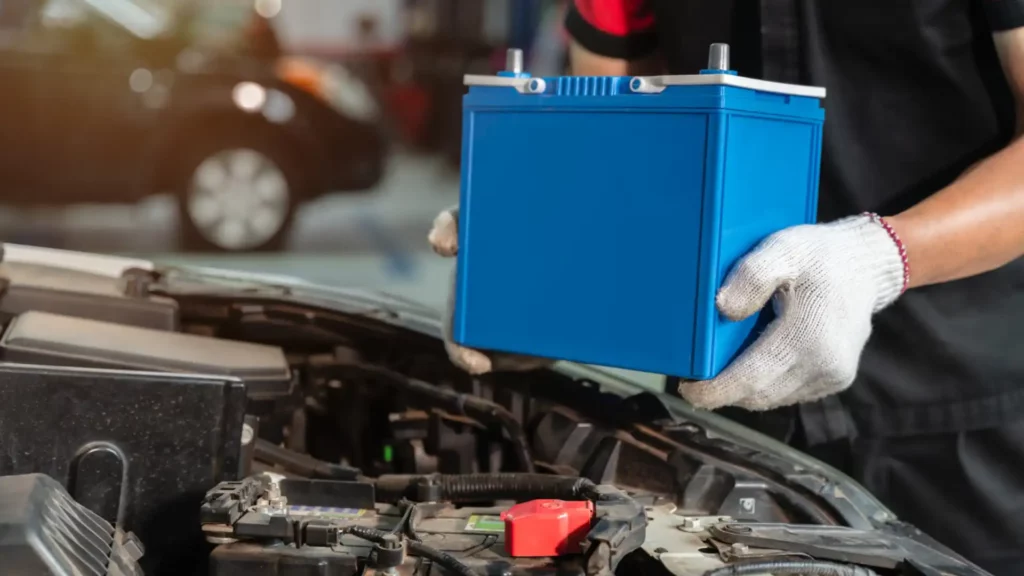
Exploring Innovative Efficient Battery Technologies
As our world becomes increasingly reliant on battery-powered devices and sustainable energy solutions, the quest for the most efficient battery technology has gained significant momentum.
Most Efficient Battery Technology: Solid-State Batteries
Solid-state batteries have emerged as a game-changer in the field of energy storage.
Most efficient battery technology replaces the conventional liquid or gel electrolyte found in lithium-ion batteries with a solid electrolyte.
- Enhanced Energy Density: Solid-state batteries offer higher energy density compared to traditional lithium-ion batteries, making them an ideal choice for electric vehicles (EVs) and smartphones that require long-lasting power.
- Improved Safety: Solid-state batteries are less prone to overheating and thermal runaway, making them safer for widespread use.
- Faster Charging: These batteries have the potential for significantly faster charging times, reducing downtime for EVs and other applications.
Advancements in Efficient Battery Technology: Lithium-Sulfur Batteries
Lithium-sulfur batteries have garnered substantial attention due to their remarkable potential in terms of energy density and sustainability.
Most efficient battery technology employs sulfur as the cathode material, leading to several advantages:
- High Energy Density: Lithium-sulfur batteries have one of the highest theoretical energy densities among battery technologies, offering the potential for longer-lasting power in a smaller package.
- Lightweight Design: Sulfur is lightweight, contributing to the battery's lightweight and compact design, which is particularly beneficial for applications such as drones and wearables.
- Environmental Benefits: The use of sulfur in these batteries makes them more environmentally friendly compared to batteries that rely on rare and environmentally harmful materials.
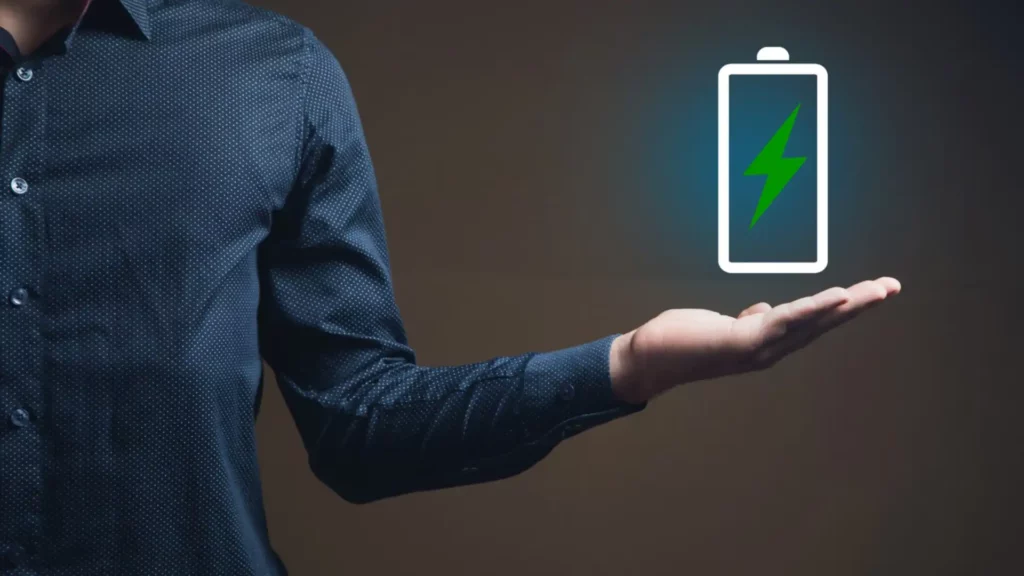
Sodium-Ion Batteries: A Sustainable Efficient Battery Technology
Sodium-ion batteries represent another exciting avenue in the pursuit of efficient battery technology.
They offer a sustainable alternative to lithium-ion batteries, addressing concerns about the scarcity and environmental impact of lithium extraction. Key advantages include:
- Abundant Resource: Sodium is abundant and widely available, reducing concerns about resource scarcity.
- Lower Environmental Impact: Sodium-ion batteries have a potentially lower environmental impact compared to lithium-ion batteries, making them a more sustainable choice.
- Cost-Effective: The use of sodium may lead to cost-effective battery production, increasing accessibility to energy storage solutions.
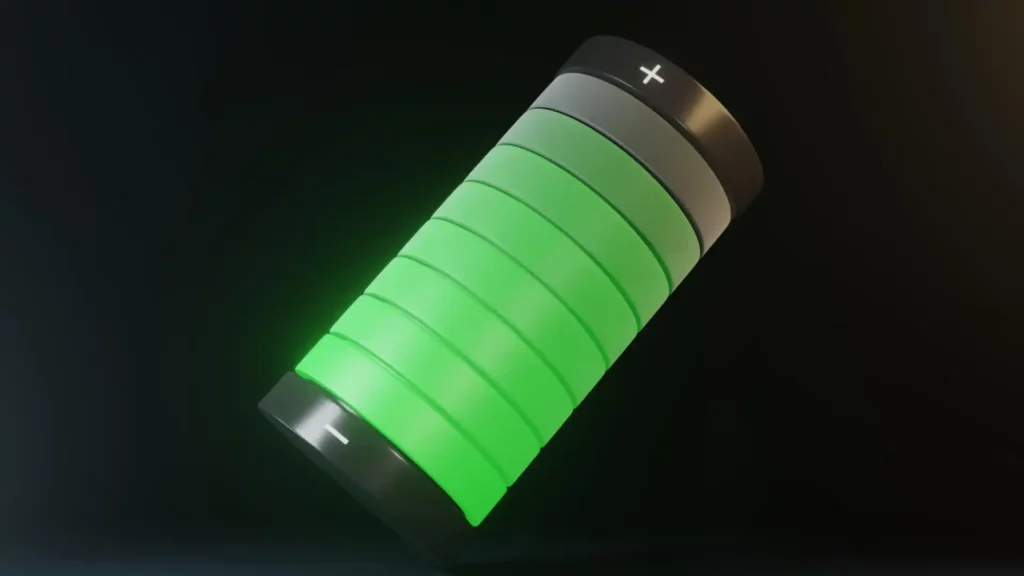
Frequently Asked Questions (FAQs)
Q1: What is the most efficient battery by weight?
A1: The most efficient battery by weight can vary depending on the specific application and technology. Currently, lithium-ion batteries are widely regarded as one of the most efficient options in terms of energy density by weight for many portable electronics and electric vehicles.
Q2: What is the most efficient battery in the world?
A2: The title of the most efficient battery in the world is a dynamic and evolving concept. As of now, lithium-ion batteries are the dominant and widely used energy storage technology globally due to their high energy density and good overall performance. However, ongoing research and development in various battery technologies, such as solid-state batteries, lithium-sulfur batteries, and sodium-ion batteries, are pushing the boundaries of efficiency.
Q3: What is a super efficient battery?
A3: A super efficient battery refers to a battery technology that significantly outperforms existing options in terms of energy storage, charging/discharging speed, cycle life, and environmental sustainability.
Q4: What factors determine the efficiency of a battery?
A4: Battery efficiency is influenced by several factors, including energy density, charge and discharge rates, cycle life, self-discharge rate, and the specific technology used. The choice of technology and how well it is designed for a particular application play a significant role in determining a battery's efficiency.
Q5: Are there eco-friendly batteries that are highly efficient?
A5: Yes, there are eco-friendly battery options with high efficiency. Lithium-ion phosphate (LiFePO4) batteries are known for their environmental friendliness and decent efficiency. Additionally, emerging technologies like solid-state and sodium-ion batteries aim to combine efficiency with sustainability by using more abundant and less harmful materials.
Q6: Can a battery be both energy-efficient and have a long lifespan?
A6: Yes, it is possible for a battery to be both energy-efficient and have a long lifespan. Battery manufacturers continually work to improve the cycle life and energy efficiency of their products. Some technologies, like lithium-ion batteries, are known for achieving a balance between energy efficiency and long-term durability.
Q7: What is the role of research in improving battery efficiency?
A7: Research plays a crucial role in advancing battery efficiency. Scientists and engineers are constantly exploring new materials, designs, and technologies to enhance energy density, charge/discharge rates, and overall performance. Ongoing research contributes to the development of more efficient and sustainable battery solutions.
Q8: Can battery efficiency impact renewable energy and electric vehicles?
A8: Absolutely. Battery efficiency has a significant impact on the success of renewable energy sources and electric vehicles. Efficient batteries are essential for storing excess renewable energy generated from sources like solar and wind, ensuring a stable power supply. In electric vehicles, battery efficiency directly affects driving range and charging speed, making it a critical factor for their widespread adoption.
Q9: How can consumers find the most efficient battery for their specific needs?
A9: Finding the most efficient battery for specific needs requires considering factors such as intended use, energy requirements, budget, and environmental concerns. Researching and comparing various battery technologies, reading product reviews, and consulting with experts or manufacturers can help consumers make informed decisions and choose the right battery for their applications.
Conclusion
In the race to discover the most efficient battery, we have explored the key factors defining battery efficiency and examined some of the promising contenders, including solid-state batteries, lithium-sulfur batteries, sodium-ion batteries, and flow batteries.
While lithium-ion batteries currently dominate the market, the pursuit of more efficient and sustainable energy storage solutions remains paramount.
As technology advances and our understanding of energy storage deepens, the day when we can confidently crown the most efficient battery may not be too far in the future. Until then, the journey towards battery perfection continues.

